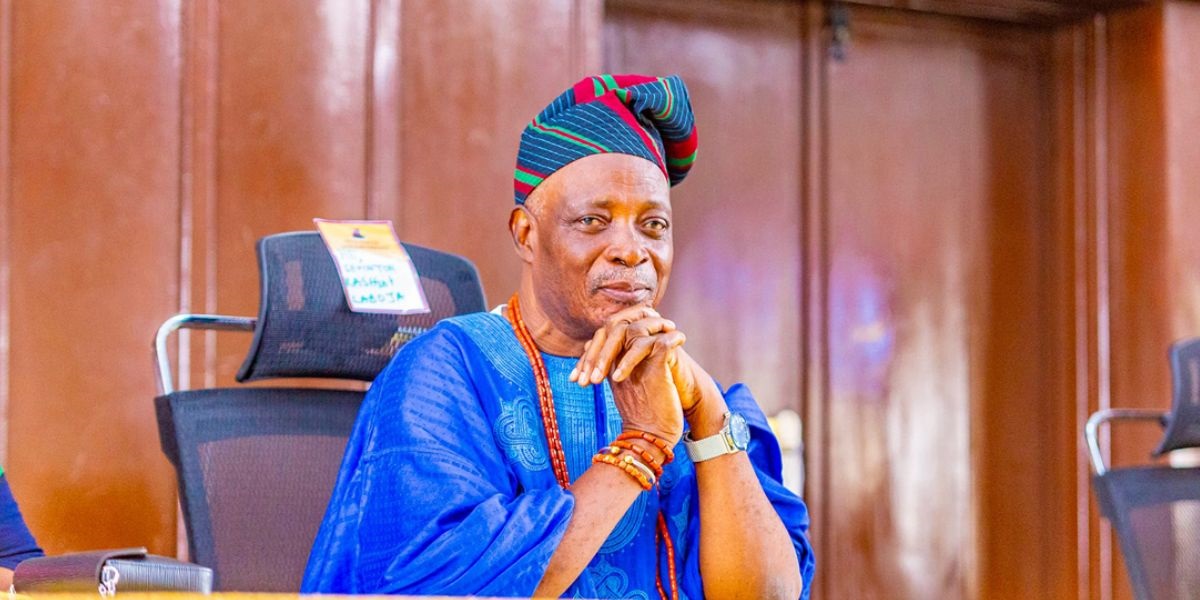The President Donald Trump-led administration has explained the reasons behind re-ordering its foreign policy thrust, justifying the cancellation of some contracts by the United States Agency for International Development (USAID).
Secretary of State, Marco Rubio, disclosed this yesterday in his remarks before the House Committee on Foreign Affairs on the FY26 Department of State Budget Request, describing some of the contracts as “stupid and outrageous.”
He said: “Yes, we cancelled a bunch of contracts in USAID. Some were stupid and outrageous. Others didn’t serve the national interest. And others we kept. And we are folding it under the Department of State.
“And you know why? Because we want it to be part of the toolbox of foreign policy, not a standalone. It is not charity. Foreign aid is not charity. It is designed to further the national interests of the United States.
“So, we will do humanitarian assistance. We will do food assistance. We will do developmental assistance. And we will do security assistance. But we will do it driven by our embassies and our regional bureaus.”
He lamented that past administrations deviated from the foreign policy thrust, saying: “We entered a new era about 12 or 14 years ago when we entered an era of near-peer competition, where, for the first time since the end of the Cold War, the United States had a near-peer competitor and adversary in the state of China.
“And we need to confront that, and our foreign policy needs to be geared around that and all the realities of this new world. And so what that means is we have to have a State Department that can deliver on a foreign policy that is rooted in the national interests of the United States.”
Rubio also hinged the new foreign policy drive on accountability, stressing: “Every dollar we spend and every action we take has to have measurable outcomes that deliver for the American people.
“They have to either make our country safer or they have to make our country stronger, or they have to help make our country more prosperous. It has to do at least one of those three things, and ideally, whether it’s a programme or a measure that we take, it should do all three of them.”
He justified the adoption of USAID by the State Department for effective operations through the various U.S. embassies, promising that it would adequately solve the systemic bottlenecks that had long stifled prompt results.






